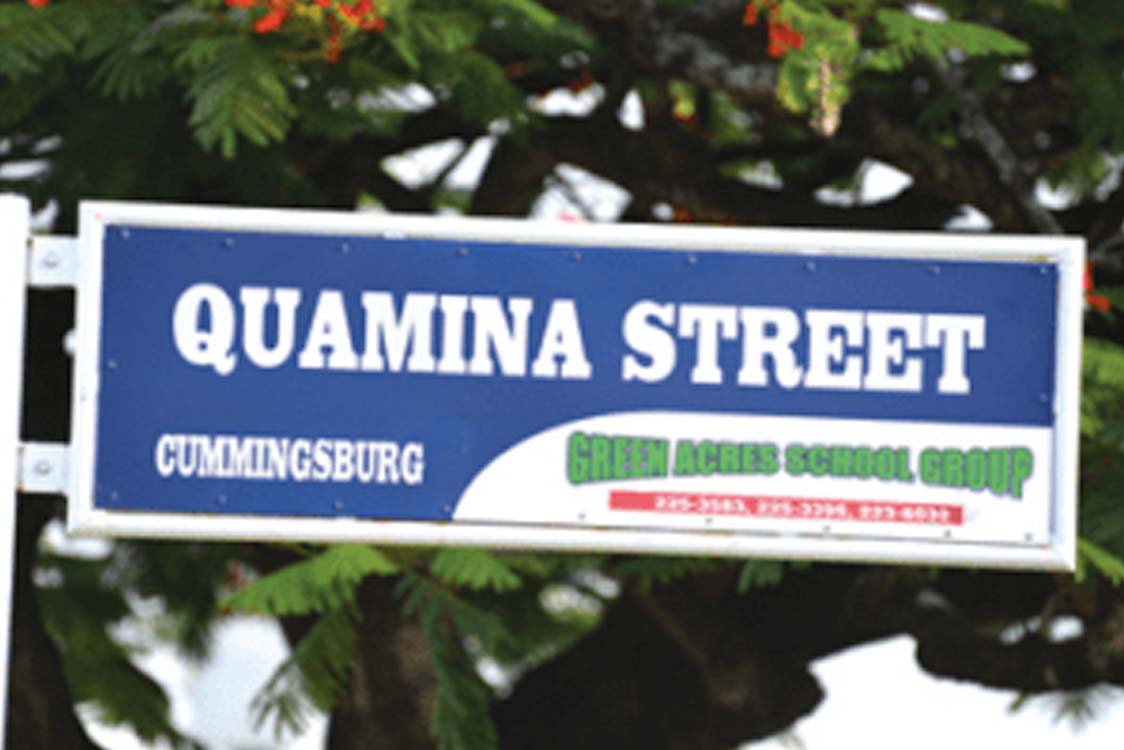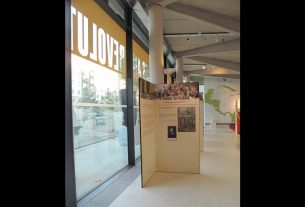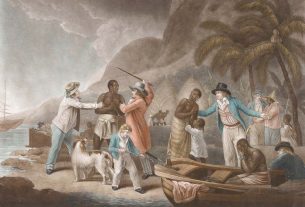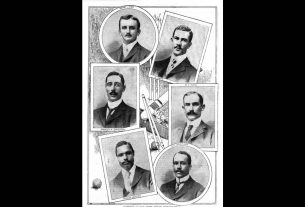1823, the British Colonial Secretary sent proposals t o the Governor of Demerara asking that the conditions of the slaves be improved (known as the ‘amelioration proposals’). The Court of Policy in Demerara (British Guiana) examined the ‘Proposals’ on 21st July, 1823, and postponed making a decision.
Under the belief that planters were delaying emancipation, a rebellion broke out under the leadership of Jack Gladstone, the son of African-born Quamina. Jack’s surname was that of the enslaver Sir John Gladstone (1764–1851), who was the father of British Prime Minister William Gladstone (1809–1898).
Out of an estimated 74,000 enslaved Africans in the colony about 10,000 took part in the rebellion. They were armed mainly with knives and pikes. A one-sided battle took place at Bachelor’s Adventure plantation. It left many Africans dead or wounded. Reverend John Smith, a young British protestant minister of the church that Quamina attended, was blamed f or the rebellion, arrested and sentenced to death. Smith was later pardoned by the King but by the time the message reached Demerara, he had died from pneumonia in the damp prison. The death of Smith created a great deal of anger in Britain, overshadowing concerns about the hundreds of Africans who were butchered because they wanted freedom.




